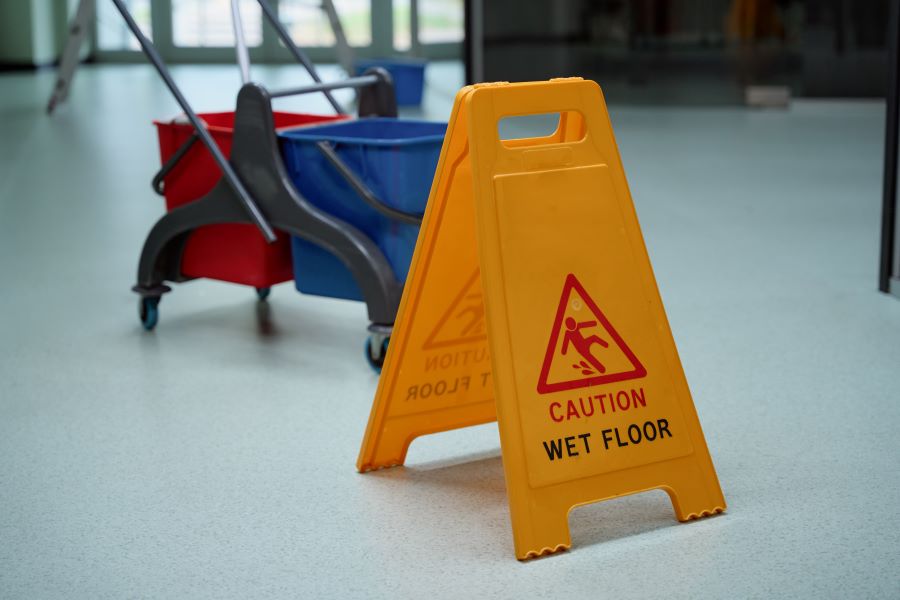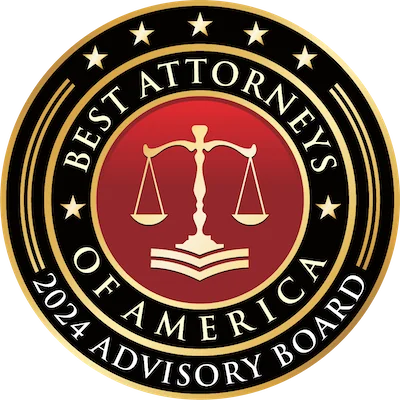Premises liability claims are a type of personal injury lawsuit that arises when someone is injured due to a hazardous condition on someone else’s property. The claim is meant to hold the property owner responsible for any harm that arises from their negligence in maintaining the property.
If you have been injured on someone else’s property, it’s important to understand the basics of premises liability claims and how they work. This blog post will discuss everything you need to know about premises liability claims, including who can be held liable, what types of damages you may recover, and more.
What Is The Statute of Limitation For a Premises Liability Claim in Florida?
In Florida, the statute of limitation for a premises liability claim is four years from the date of the injury. This means that an injured party must file their lawsuit within this period or risk forfeiting the right to recover damages. The four-year period also applies to claims against government entities, with some exceptions.
It’s important to note that this time limit applies to all premises liability cases, including slips and falls, inadequate security, negligent maintenance, and more. If you believe you have a valid premises liability claim in Florida, it’s important to contact an experienced attorney right away so you can ensure that your rights are protected, and your claim is filed on time.
Who Can Be Held Liable for an Injury on Another Person’s Property?
When someone is injured on another person’s property, the legal responsibility of the injury or accident falls to the property owner. This is called premises liability. If it is found that the property owner or the occupier of the premises (the tenant or lessee) was negligent in their duty to maintain a safe environment and their negligence resulted in an injury, then they are liable for the resulting harm.
The property owner can be held liable for any incidents resulting in an injury on their property, such as slip and fall accidents, animal attacks, swimming pool accidents, and dangerous conditions. In the case of a rental, the property owner can also be held liable for a tenant’s actions if they did not take reasonable steps to ensure the safety of other people on their property.
When deciding whether a property owner is liable for an injury on their property, courts will consider the type of property and its purpose, the activity or hazard that caused the injury, and whether there was a breach of duty of care by the property owner or occupier.
What Types of Injuries Are Typically Compensable Under a Premises Liability Claim?
In Florida, a premises liability claim is used to hold a property owner responsible for injuries that occur on their property. Typically, when someone is injured due to a property owner’s negligence, they can bring a premises liability claim to recover damages for their injuries.
The types of injuries typically covered under a premises liability claim occur due to the property owner’s negligence. This includes slips, trips, and falls; defective or hazardous conditions on the property; inadequate security; dog bites or other animal attacks; and swimming pool accidents.
In some cases, the injured person may be able to recover damages even if they were partially at fault for their injuries. In Florida, the law follows the doctrine of comparative negligence. This means that even if the injured person was partly at fault for their injuries, they may still be able to receive some form of compensation, as long as their percentage of fault is less than 50%.
When an injury occurs due to a property owner’s negligence, the injured person may recover compensation for their medical expenses, lost wages, pain and suffering, and other related costs. It is important to remember that each case is different, and the amount of compensation will depend on the severity of the injury and other factors.




